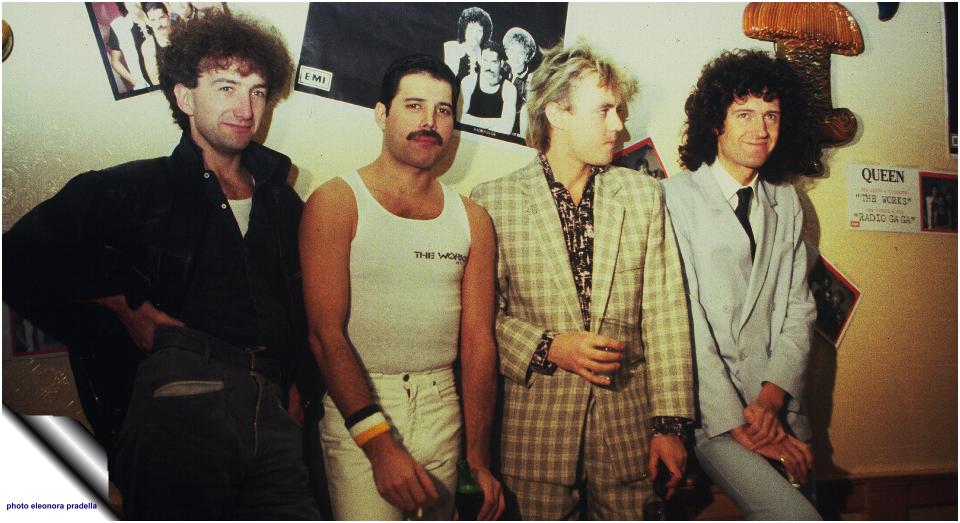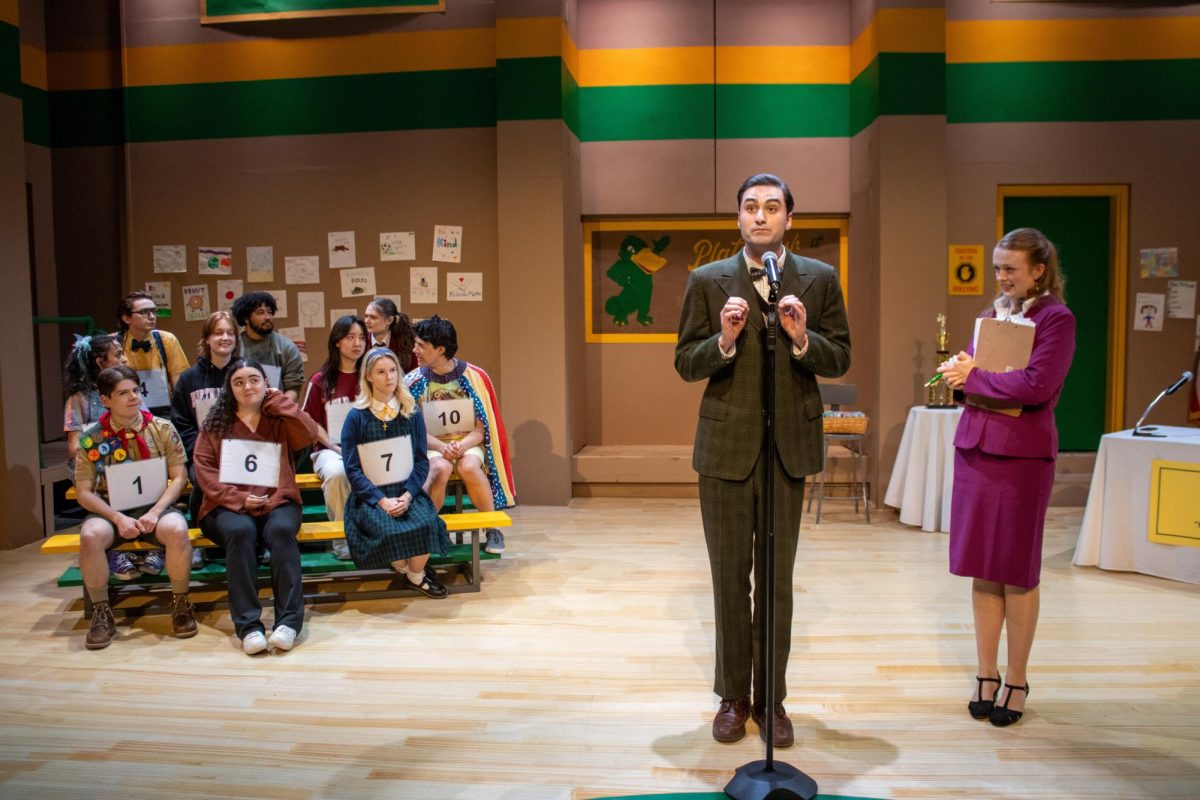By Guy Ovadia, news correspondent
The long overdue biopic about legendary rock n’ roll band Queen immortalizes Freddie Mercury in full glory. Actor Rami Malek embodies Mercury’s quirks and insecurities, even details like his ability to play piano backward. Malek did his homework to genuinely portray this eccentric, gritty virtuoso in “Bohemian Rhapsody.”
We first see Brian May, played by Gwilym Lee, and Roger Taylor, played by Ben Hardy, who study physics and dentistry respectively, in an ordinary college band that needs a new lead singer. After the show, a foreign boy with buck teeth tries out for the part. They are reluctant to let him sing but are then impressed by his vocal talent. He introduces himself as Freddie. After hiring John Deacon as their bass player, Mercury takes charge of the band. He changes the band’s name to ‘Queen’ and sells the group’s van to buy time at a recording studio.
Queen’s titular first album was a hit, and the success rolled on from there. Their most ambitious undertaking, “A Night at the Opera,” received friction from their record label’s executive Ray Foster. Foster, played by Mike Meyers, opposed the avant-garde direction and firmly believed the song “Bohemian Rhapsody,” which was cut down to six minutes, would never play on the radio.
Watching a recreation of Queen’s experimental music style, which was testing the limits of the rock genre by fusing it with classical and opera, was fascinating, as was witnessing the painstaking process of making ‘Bohemian Rhapsody,’ which required layering multiple layers of vocals and instrumentals.
The entire cast was great, but the film definitely focused more on Mercury, following his ups and downs with the band and during his solo career. We see him change his given name, Farrokh Bulsara, to legally adopt his stage persona. The viewer also sees Mercury mature as an artist. By his energetic Live Aid performance at iconic Wembley Stadium, he has transformed from a 60’s beatnik to a ‘Castro clone’ — a mustachioed-greaser look popular among gay men in the 1970s. Serving as the movie’s final scene, the Live Aid performance was a visual masterpiece that made you feel like you were at Wembley.
The film portrayed the homophobic and racist discrimination Mercury suffered throughout his career and his emotional AIDS diagnosis. Fans and critics accused the studio of ignoring Mercury’s sexuality in the recent trailer. Malek refuted these claims, calling it “absurd” to judge the film from a brief trailer. Mercury’s personal life is part of the story with less emphasis on the nuances of his sexuality and more on his iconoclastic personality. Mercury often went against people’s expectations, but it was the confidence of Queen, and the acceptance of his individual bandmates, that empowered him to succeed.
Mercury fans will enjoy this true-to-life portrayal of one of the most elusive and talented rock stars accompanied by an outstanding soundtrack authentically transporting viewers back to the peak of the rock era. It is a journey through Mercury’s career, littered with factual tidbits but also serving as a sentimental biography of Queen.















